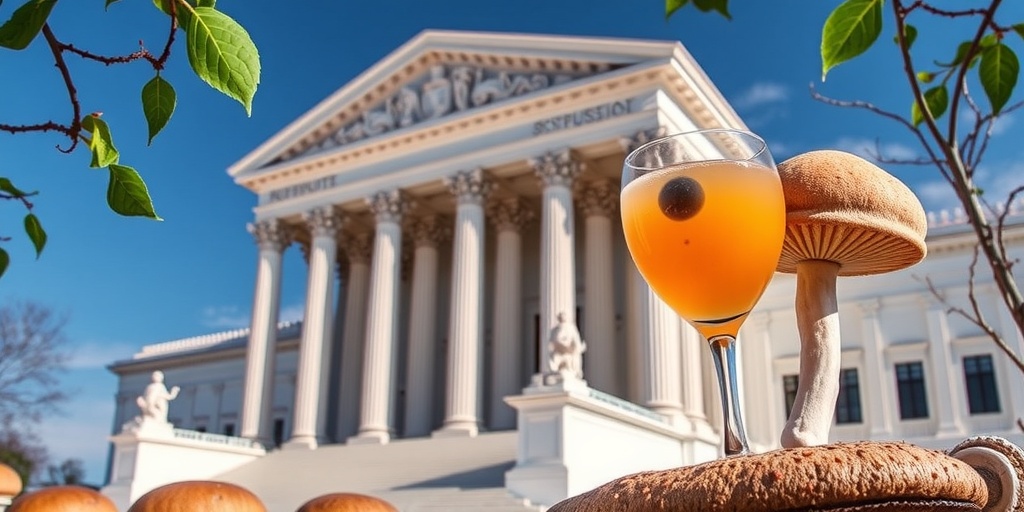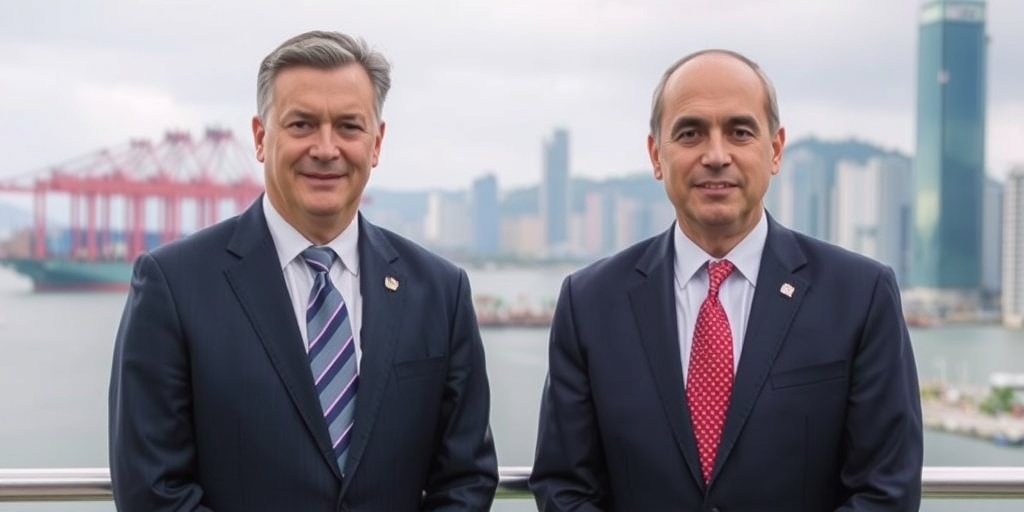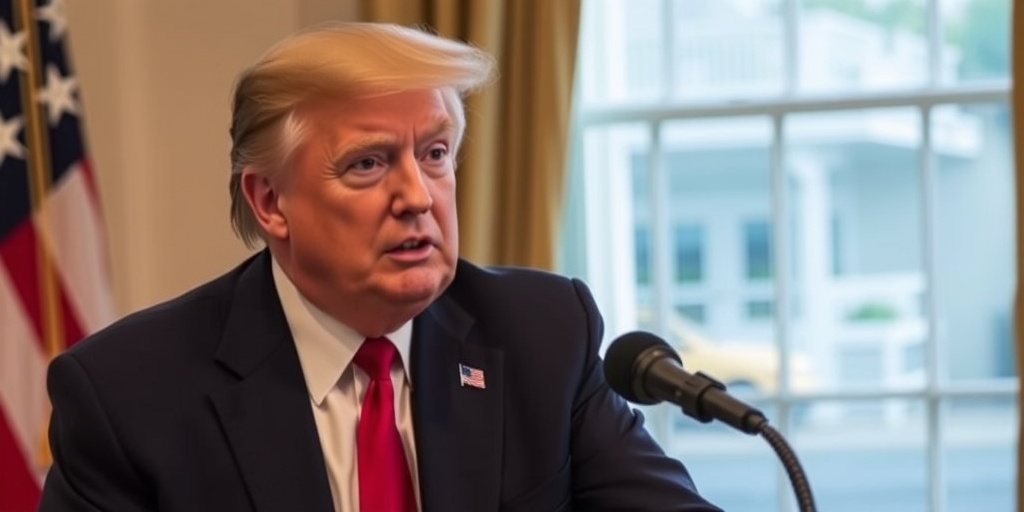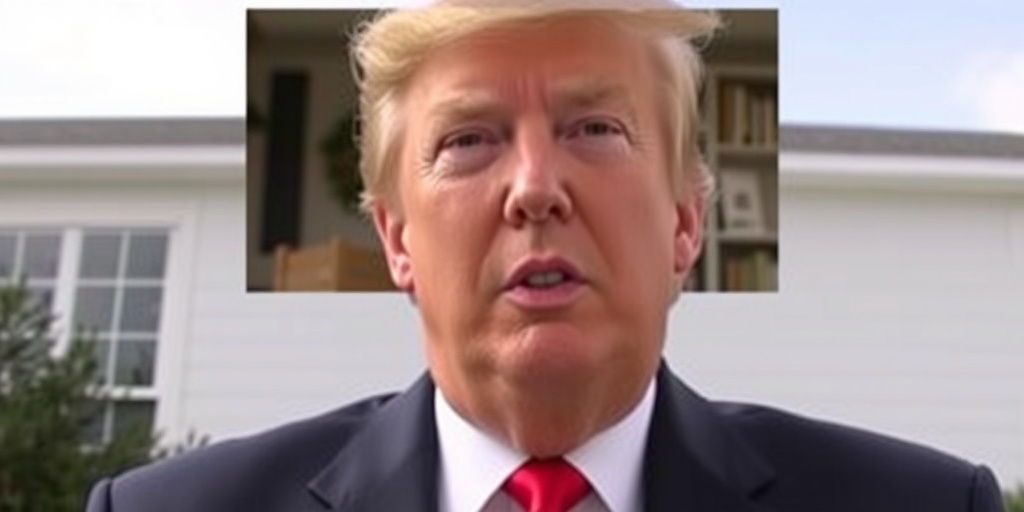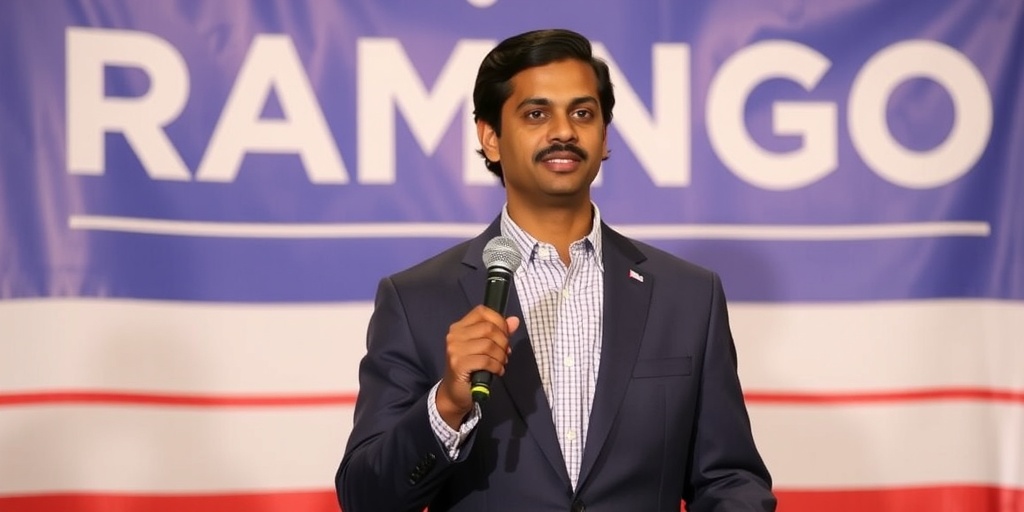Now Reading: Trump Hints at Possible Visit to Russia During Meeting with French President
-
01
Trump Hints at Possible Visit to Russia During Meeting with French President
Trump Hints at Possible Visit to Russia During Meeting with French President
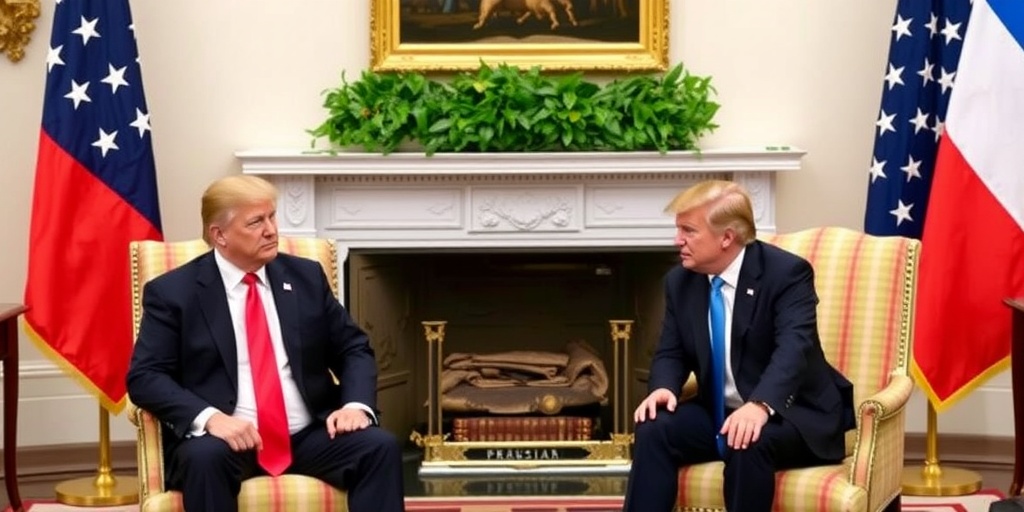
Trump Welcomes Macron Amid Rising Tensions Over Ukraine and the Atlantic Alliance
In a meeting at the White House on Monday, President Donald Trump welcomed French President Emmanuel Macron, as concerns mount about the future of the Atlantic alliance and ongoing peace negotiations with Russia that have left Ukrainian and European leaders on the sidelines. This encounter takes place against the backdrop of the third anniversary of Russia’s invasion of Ukraine, a conflict that has profoundly altered geopolitical dynamics in Europe and beyond.
As Trump greeted Macron at the entrance of the West Wing, the two leaders engaged in a firm handshake, each projecting an air of masculine assertiveness that echoed their previous encounters during Trump’s first presidential term. Following their brief exchange, the duo proceeded to the Oval Office for an agenda-setting meeting, ahead of a planned joint news conference at 2 p.m. Eastern Time.
The atmosphere of the meeting was particularly charged due to its timing, marking three years since Russia launched its aggressive military campaign against Ukraine. In recent comments, Trump has controversially shifted blame for the conflict onto Kyiv, a stark contrast to the established narrative that holds Moscow responsible for the war’s outbreak. While many world leaders chose to express their solidarity with Ukraine by visiting the capital, Kyiv, on this significant day, Trump opted for a virtual engagement with other Group of 7 leaders, making headlines for failing to offer any condemnation of Russia’s actions.
During a subsequent press briefing with Macron in the Oval Office, Trump notably refrained from labeling Russian President Vladimir Putin as a "dictator." This reluctance comes even as Trump previously described Volodymyr Zelensky, the democratically elected leader of Ukraine, with that very term just a week earlier. “I don’t use those words lightly,” Trump stated, avoiding direct criticism of Putin, which some observers find troubling given the context of Russia’s military aggression.
Trump hinted at a potential visit to Moscow in the event of a peace agreement being reached, a move that would mark a significant shift in U.S.-Russia relations and make him the first incumbent American president to travel to Russia in over ten years. Such a visit could be interpreted as a considerable win for Putin, particularly as he faces an international arrest warrant for war crimes associated with the ongoing conflict in Ukraine.
Trump’s statements further indicated his belief that the war could come to a conclusion "within weeks, if we’re smart." He underscored the urgency of the situation, declaring that if the conflict continues without decisive action from national leaders, "we will lose young, beautiful people"—a remark that underscores the human cost of prolonged military engagement.
A significant point raised during their discussions was Trump’s demand that Ukraine cede mineral rights valued in the hundreds of billions of dollars as part of an arrangement to repay U.S. military support. He expressed frustration over what he described as "a lot of money" invested with "nothing to show for it." Treasury Secretary Scott Bessent noted that negotiations between U.S. and Ukrainian officials were reportedly at the "one-yard line," suggesting that a deal could be imminent.
The current landscape of international relations has been radically altered by Trump’s return to power. Tensions with European allies have escalated as he contemplates imposing tariffs on European consumer goods and insists that they significantly increase their military expenditures beyond previous commitments. In a recent speech in Munich, Vice President JD Vance stoked further controversy by suggesting that European nations’ greatest security threats were rooted in their own political and cultural policies, rather than external pressures from nations like Russia or China.
In response to the changing dynamics, Macron has taken the lead in convening meetings among European leaders to craft a strategic approach to deal with an increasingly unpredictable American alliance. The French president aims to bolster cooperation and solidarity among European nations and hopes his discussions with Trump will fortify the U.S. stance on Ukraine as negotiations evolve.
As the world watches, the meeting between Trump and Macron highlights the complex interplay of international relations, domestic politics, and military strategy amid one of the most significant crises in recent European history. The stakes are high as both leaders navigate the challenges posed by an evolving geopolitical landscape, where the future of Ukraine hangs in the balance.
Stay Informed With the Latest & Most Important News
Previous Post
Next Post
-
 01New technology breakthrough has everyone talking right now
01New technology breakthrough has everyone talking right now -
 02Unbelievable life hack everyone needs to try today
02Unbelievable life hack everyone needs to try today -
 03Fascinating discovery found buried deep beneath the ocean
03Fascinating discovery found buried deep beneath the ocean -
 04Man invents genius device that solves everyday problems
04Man invents genius device that solves everyday problems -
 05Shocking discovery that changes what we know forever
05Shocking discovery that changes what we know forever -
 06Internet goes wild over celebrity’s unexpected fashion choice
06Internet goes wild over celebrity’s unexpected fashion choice -
 07Rare animal sighting stuns scientists and wildlife lovers
07Rare animal sighting stuns scientists and wildlife lovers













